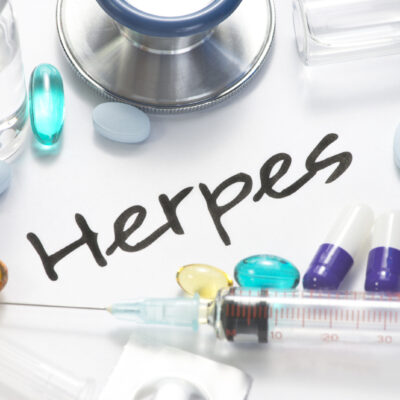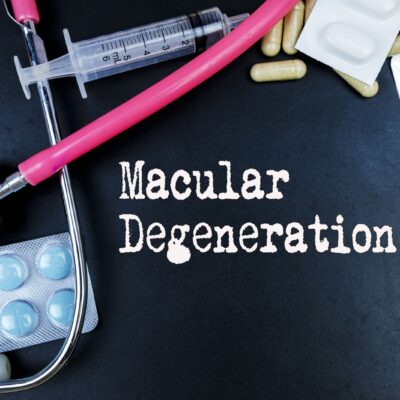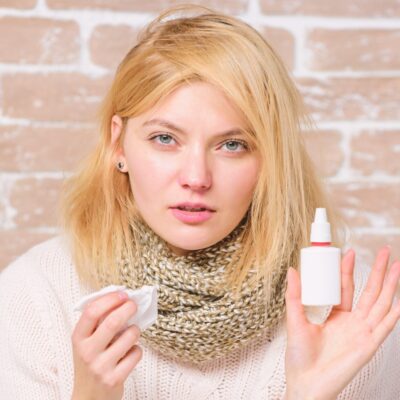
Health
Protecting Kids: Foods Linked To Cancer And The Leading Research Organizations
When it comes to our kids, ensuring their health and safety is a top priority. As more studies emerge about the potential risks associated with certain foods, it becomes crucial to be informed. Some foods have been linked to an increased risk of cancer, and understanding these connections can help in making healthier choices for our children. Additionally, supporting institutions like children hospital cancer research, donating for children’s research, and identifying the best cancer research places to donate can make a significant impact in advancing our understanding and treatment of cancer. The good news is that research organizations are tirelessly working to understand these links better and find ways to prevent and treat cancer. Institutions like National Cancer Institute (NCI), American Association for Cancer Research (AACR), American Cancer Society (ACS), MD Anderson Cancer Center, Cancer Research Institute (CRI), Breast Cancer Research Foundation (BCRF), National Comprehensive Cancer Network (NCCN), American Institute for Cancer Research (AICR), National Foundation for Cancer Research (NFCR), Fred Hutchinson Cancer Center. Donating for cancer research at these cancer research organizations can provide support for groundbreaking studies and provide hope for countless families. Let’s dive into the foods that have raised concerns and the leading organizations making strides in cancer research.
Read More 















